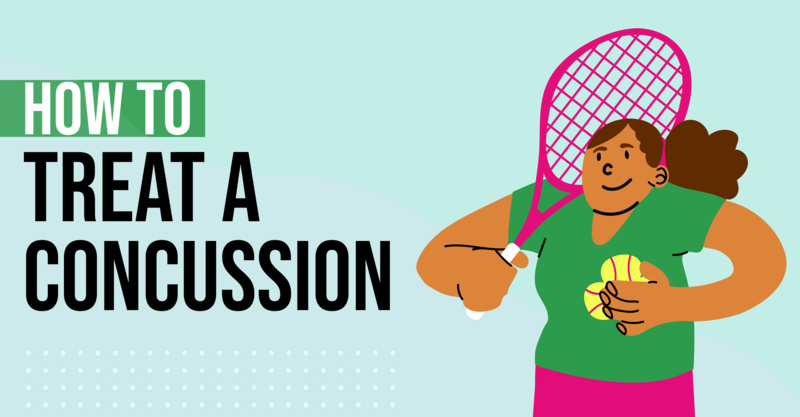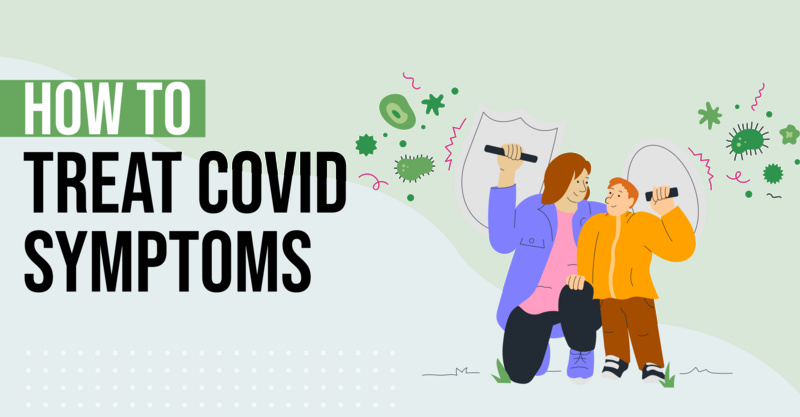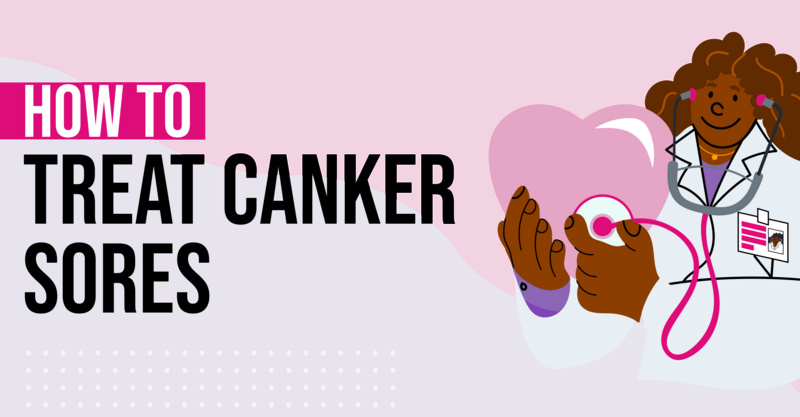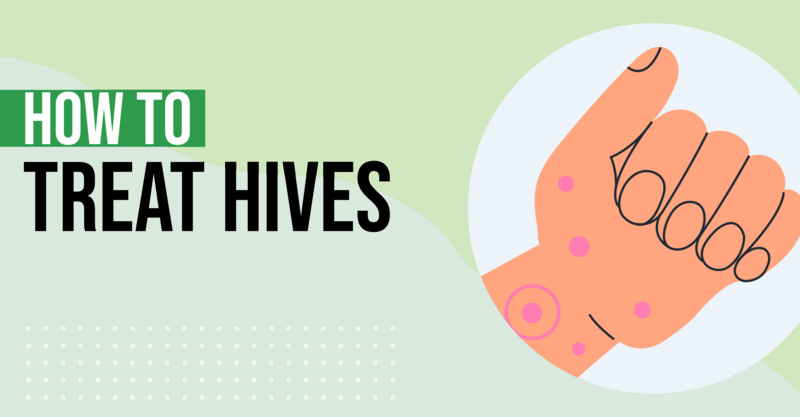Key Points
- The common cold is a widespread viral infection primarily affecting the upper respiratory system, with no known cure but various home remedies to manage symptoms.
- Remedies include drinking warm liquids, using nasal irrigation, resting, gargling with salt water, and trying natural remedies like echinacea and vitamin C.
- Over-the-counter fever reducers can help, and it's crucial to maintain high humidity levels at home to alleviate symptoms.
- If symptoms persist for more than two weeks, worsen, or if chest pain or shortness of breath occur, seek medical attention immediately.
- Prevention methods include good hand hygiene, a healthy lifestyle, and staying current with vaccines.
The common cold is one of the most common illnesses, with most adults experiencing two to four colds per year, and children around six to eight per year, according to the American Lung Association. Colds are a viral infection that usually affects the upper respiratory system, including the nose, throat, and sinuses, according to the Mayo Clinic.
Symptoms of a Cold
- Runny or stuffy nose
- Sore throat
- Cough
- Congestion
- Sneezing
- Fatigue
- Body aches
Symptoms usually appear one to three days after exposure to the virus and can last for up to two weeks, according to the Mayo Clinic. While the common cold is usually harmless, the Mayo Clinic notes that colds can lead to complications in people with weakened immune systems, such as the elderly or those with chronic illnesses.
What to do When You Have a Cold
There is no cure for the common cold, but there are several things you can do at home to alleviate symptoms and help your body fight off the virus.
1. Drink Warm Liquids and Stay Hydrated
Drinking warm liquids like tea, soup, or warm water with lemon and honey can help soothe a sore throat and may even help alleviate congestion, according to Healthline. Staying hydrated is also important as it helps thin out mucus and makes it easier to expel, according to the Mayo Clinic. You should keep a cup of warm tea or ice water nearby so you can be reminded to continue drinking throughout the day.
2. Clear Your Sinuses With Nasal Irrigation
Nasal irrigation with a Neti Pot or saline spray can help flush out mucus and relieve congestion, according to Johns Hopkins. They note that you need to be sure to use distilled or sterile water to avoid infection (using tap water may have parasites that can cause serious health conditions, and should be avoided).
3. Get Extra Rest
Getting extra rest can help your body fight off the cold virus, according to the Mayo Clinic. They recommend that you allow yourself time for extra sleep at night and even naps and rest during the day if you feel tired.
4. Gargle with Saltwater
Gargling with salt water can help soothe a sore throat and reduce inflammation, according to the Mayo Clinic. They recommend that you mix a half teaspoon of salt in a glass of warm water and gargle for 30 seconds before spitting it out.
5. Try Echinacea, Vitamin C, Zinc, or Elderberry
Echinacea, vitamin C, zinc, and elderberry are natural remedies that may help support your immune system and help you recover from cold symptoms sooner, according to Healthline. However, there is little scientific evidence that supports their effectiveness, according to the Mayo Clinic. The Mayo Clinic notes that following the dosage instructions carefully poses no risk, so trying these remedies can’t hurt.
6. Keep Humidity in Your Home High
Increasing humidity levels in your home can help alleviate congestion and soothe a sore throat, according to Healthline. They recommend that you use a cool-mist humidifier or boil water on the stove (under direct supervision) to add humidity to the air in your home.
7. Use Sore Throat Sprays, Lozenges, or Cough Drops
Sore throat sprays, lozenges, or cough drops can help alleviate a sore throat and reduce coughing, according to Healthline. You can find these products at most retail pharmacies, grocery stores, and even some convenience stores. Be sure to follow the package instructions carefully to avoid overuse.
8. Use Over-the-Counter Fever Reducers, if Necessary
If you are running a fever, over-the-counter fever reducers like acetaminophen or ibuprofen can help, according to the Mayo Clinic. You can also take these to help alleviate body aches, they note.
9. Drink Honey & Lemon
Honey and lemon are both known for helping soothe sore throats, according to Healthline. Honey also has some benefits if a cough is one of your symptoms. Healthline recommends eating a spoonful of honey or adding a spoonful to tea for added relief. You can add a few drops of lemon to your tea as well.
10. Use a Warm Compress Over Your Sinuses
Placing a warm compress over your sinuses can help with sinus pressure and may help reduce sinus congestion, according to Healthline. They recommend that you use a hot water bottle or heating pad wrapped in a towel. You can also wet a washrag with the hottest water you can tolerate, wring it out, and place it folded across the bridge of your nose.
11. Sleep With Your Head Slightly Elevated
Sleeping with your head slightly elevated can keep gravity in your favor while you sleep, according to Healthline. This can help reduce congestion and post-nasal drip which may lead to coughing spells. Try sleeping in a reclining position by using a few pillows under your head and shoulders.
When to See a Doctor
Most cold viruses will pass on their own within several days, according to Johns Hopkins. Sometimes, however, they can lead to deeper infections (especially for those with a lowered immune system or the elderly). Johns Hopkins recommends that you see a doctor if:
- Your symptoms last longer than two weeks
- Your symptoms worsen or you develop new symptoms (you could have another type of infection if this happens)
- You have a sore throat or fever higher than 100 degrees for longer than three days
- You’re experiencing chest pain or shortness of breath
What you Can Do to Prevent Cold Viruses
1. Wash Your Hands
The most important step to protect yourself and others from cold viruses is practicing good hand hygiene, according to the Mayo Clinic. They note that proper handwashing techniques can significantly reduce the spread of germs. They recommend that you wash your hands frequently with soap and warm water for at least 20 seconds. Be sure to scrub your hands thoroughly, including between your fingers and under your nails. If soap and water are not available, they recommend that you use an alcohol-based hand sanitizer.
It is also important to avoid touching your face, especially your eyes, nose, and mouth. Cold viruses can enter your body through these areas, so keeping your hands away from your face can help prevent infection.
2. Support your Overall Health with Adequate rest, a Well-Balanced Diet, and Exercise
Supporting your immune system with a healthy lifestyle can help you recover from cold viruses quicker, according to the Mayo Clinic. Getting enough rest, eating a well-balanced diet, and exercising regularly are all ways you can support your immune system.
3. Stay Up-to-Date With Vaccines
Getting vaccinated is another effective way to protect yourself from complications of respiratory viruses that can make you sick. Check with your doctor to see which vaccines are recommended for you. In general, a yearly flu vaccine and COVID-19 booster are recommended for most people, according to the CDC. An RSV vaccine and pneumococcal vaccine may also be recommended, depending on your age.
Recap of Key Home Treatments
When it comes to treating a cold at home, there are several things that can help ease your symptoms and speed up your recovery. According to the Mayo Clinic and Healthline, some of the most effective home treatments include:
- Getting extra rest
- Staying hydrated
- Keeping the air in your home moist
- Gargling with salt water, drinking warm tea, and using OTC sprays and cough drops if you have a sore throat
- Using saline nasal irrigation and warm compresses if you have sinus congestion
- Taking OTC fever-reducing medications if you have a fever that is making you feel worse
- Sleeping with your head elevated
Johns Hopkins recommends that you see a doctor if your cold symptoms become severe, you have a fever over 100 for more than a few days, or your symptoms last more than two weeks.
Frequently asked questions
What is the common cold?
The common cold is a prevalent viral infection that mainly affects the upper respiratory system.Are there any cures for the common cold?
No, there are no known cures for the common cold. However, there are numerous home remedies to help manage its symptoms.What home remedies can help with the symptoms of a common cold?
Some effective home remedies include drinking warm liquids, using nasal irrigation, getting extra rest, gargling with salt water, and trying natural remedies like echinacea and vitamin C.When should I seek medical attention if I have a cold?
You should seek medical attention if your symptoms persist for more than two weeks, worsen, or if you experience chest pain or shortness of breath.What over-the-counter medicines can help with a cold?
Over-the-counter fever reducers can help manage some of the symptoms of a common cold.How can I prevent getting a common cold?
You can prevent getting a common cold by practicing good hand hygiene, maintaining a healthy lifestyle, and staying up-to-date with vaccines.Do humidity levels in my home affect the common cold?
Yes, keeping humidity levels high in your home can help alleviate symptoms of a common cold.Are natural remedies like echinacea and vitamin C effective against the common cold?
Yes, natural remedies like echinacea and vitamin C can help soothe the symptoms of a common cold.
Solv has strict sourcing guidelines and relies on peer-reviewed studies, academic research institutions, and medical associations. We avoid using tertiary references.

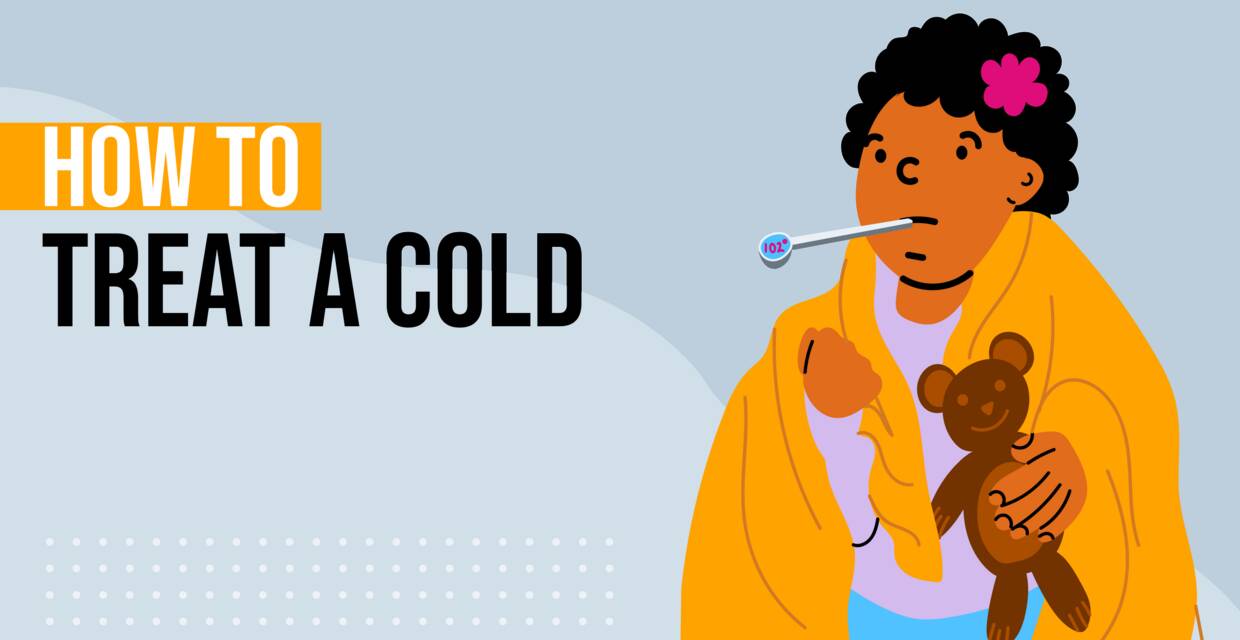
 LinkedIn
LinkedIn

